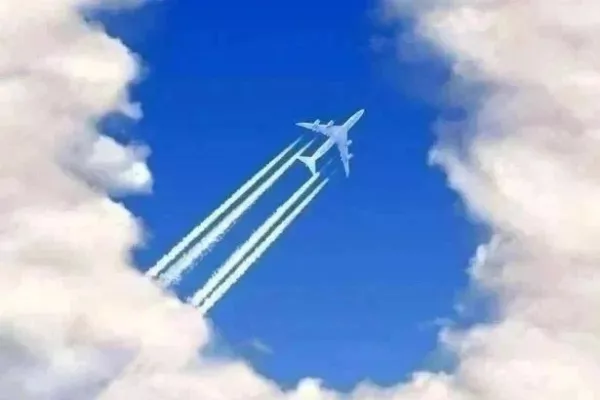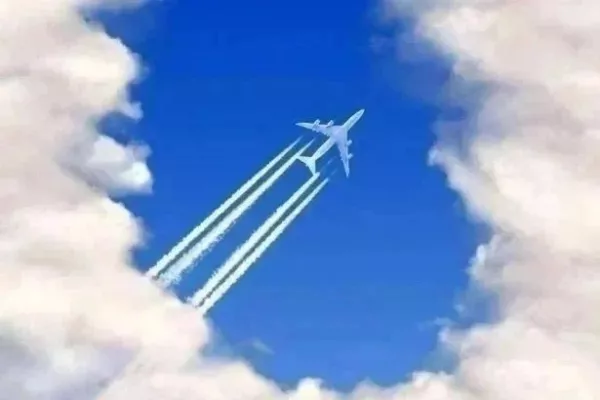Russian airlines could be frozen out of the aircraft leasing market well beyond the Ukraine conflict, one of the industry's biggest players has warned, blaming what executives have described as a default involving hundreds of western jets.
Details
Global leasing companies had until Monday to sever ties with Russian carriers under Western sanctions imposed over Moscow's invasion of Ukraine, but executives say only a fraction of the more than 400 jets directly involved have been returned.
Domhnal Slattery, chief executive of Dublin-based Avolon, the world's second-largest leasing firm, told Reuters its own risk is limited, with a net exposure of below $200 million on 10 jets still blocked in Russia after it recovered four aircraft.
But the mainly Ireland-based leasing sector, which accounts for about half of the world's airline fleet, will be in no hurry to reset relations with Russian airlines even if sanctions against Moscow are lifted, he predicted.
"From an Avolon perspective it is not material; from a sector perspective it is a problem, unquestionably," Slattery added.
"In terms of future appetite in a post-war scenario for further business in Russia, I think all players in our sector will think long and hard about the risks of that jurisdiction and the appetite for going back in," he said in an interview.
Moscow earlier this month introduced a law allowing airlines to re-register leased planes locally in a move widely seen as encouraging airlines to hold onto planes and avoid a collapse of Russia's airline sector, which relies heavily on leasing.
Until now, aircraft leased to Russia have been registered in Bermuda or Ireland under an agreement designed to provide security to leasing firms already worried about the willingness of Russian courts to uphold the rights of foreign lessors.
Avolon, controlled by Bohai Leasing, a majority-owned subsidiary of China's HNA Group, has a gross exposure of just under $400 million to Russia, Slattery said.
After deducting the value of four jets that have been recovered, as well as security and letters of credit that have been drawn down, Avolon's net exposure is below $200 million.
"Given our scale that puts it in the realm of a headache rather than a migraine," Slattery said.
"We believe our aircraft are all appropriately insured..., all the leases are terminated and we will continue to try to get them back," he added.
Russia's airline industry, the world's 11th largest, had 980 aircraft in its fleet on the eve of the invasion of Ukraine, of which 777 were leased rather than owned by the carriers.
Of these, 515 were leased from foreign firms and about 400 of those - worth up to $10 billion - were most immediately at risk from the crisis, according to aviation data firm Cirium.
Lessor Avolon In eVTOL Aircraft Deal With Turkey's Gozen Holding
The above news was followed by news that Irish aircraft leasing company Avolon said that it had set up a partnership with Turkish aviation group Gozen Holding to pioneer eVTOL flying in Turkey using aircraft it plans to buy from Britain's Vertical Aerospace.
Under the deal, the parent of Turkish charter firm Freebird Airlines will buy or lease up to 50 electric Vertical Take-Off and Landing (eVOTL) aircraft from Avolon, with options to purchase or lease another 50.
The idea is to use the new "flying taxi" technology to leapfrog chronic traffic jams in Istanbul, one of the world's most congested cities, and connect the city of 15 million people to nearby Turkish tourist resorts, Avolon said in a statement.
The Dublin-based leasing firm, headed by Domhnal Slattery, is among the launch customers for up to 1,000 eVOTL aircraft being developed by Vertical Aerospace which went public in New York in December after completing a $2.2 billion SPAC deal with Broadstone Acquisition Corp.
In June last year, Avolon ordered 500 VX4 eVTOL aircraft from the Bristol-based company and went on to announce deals to place them with Japan Airlines, AirAsia, and GOL in Brazil.
Avolon said that with the Gozen placement, its launch order for the aircraft had been oversubscribed by 50 options.
The deals reflect growing interest in battery-powered aircraft that can take off and land vertically, offering a new way for travellers to beat traffic and hop between cities.
Analysts warn the industry faces regulatory hurdles and uncertainty over the timetable for certification.
News by Reuters, edited by Hospitality Ireland. Click subscribe to sign up for the Hospitality Ireland print edition.








